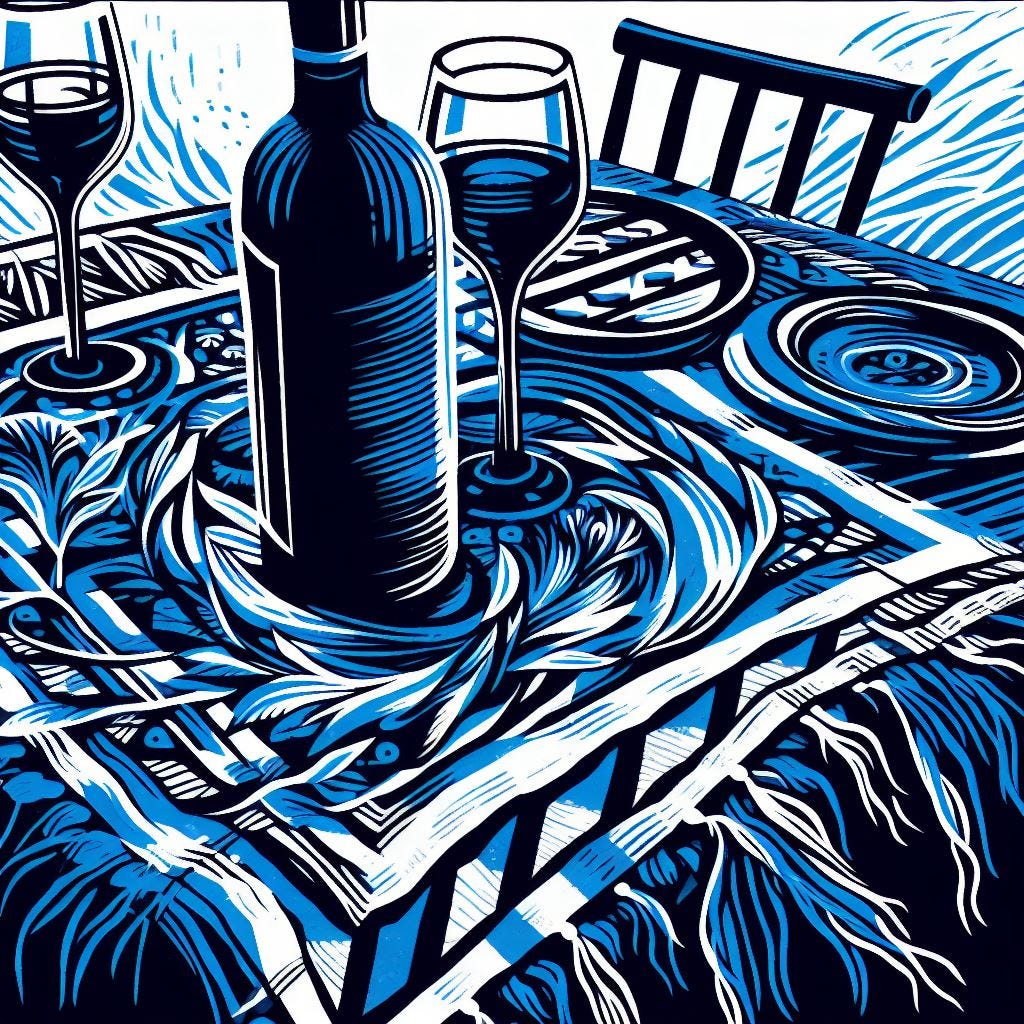The Fringe vs The Mainstream of Wine
How an attempt to kill off the term "Sommelier" illustrates the the divide in wine
In a fascinating nod to advocacy journalism in the drinks industry, Punch Drink recently published an article by Miquel Deleon entitled, “So Long to the ‘Somm’”. The short article by the James Beard Foundation Media Award-winner attempts to show that not only are somms abandoning the title, but that the problematic history of the title and the actions of those associated with the title justify its abandonment in favor of some other title that better reflects the “more complex, colorful, multiversal era of wine, where thoughtful guidance [of the diner] is the point”.
Besides the highly insulting notion that “thoughtful guidance” has only recently been at the heart of the business of wine service, the article itself asks us (readers, alcohol tradespeople, consumers) to embrace the notion that the word “sommelier” is too steeped in racism, whiteness, misogyny, classism, elitism, and even violence to remain useful.
Deleon is the right person to explore this idea. His past efforts to discredit the wine and alcohol industry can be seen here:
It’s Time to Decolonize Wine
Actionable Items For the Wine Industry
How to Dismantle Wine Supremacy in Wine
Part of the problem with the word “Sommelier”, we are told, is that the position had for many years been occupied primarily by rich, white, Cis, male gatekeepers. This kind of indictment is so common today that it is easy to forget that the notion is founded on bigotry, prejudice, and attempts to demonize based on group status.
The effort to delegitimize the term “Sommelier” is a misapplication of social justice ideology that, in general, seeks to demonize entire groups to the benefit of other groups. Of course, it’s a matter of virtue signaling also, but that kind of self-indulgent action is also so common these days that it’s hard to diminish the article on those grounds.
On a practical level, Deleon attempts to demonstrate that the title “Sommelier” is problematic (even harmful) with pop culture examples of rowdy “somms” drinking hard, playing hard, loosening their ties, and to a couple of instances of sommeliers and sommelier accreditation groups engaging in sexist or misogynistic behavior. This is then translated into an indictment of the entire culture of wine service and of course of the non-existent “gatekeeping” on the part of this group that is never teased out by real-world examples of gatekeeping.
Without the intent to demonize and virtue signal, there would be an interesting story about the evolution of the Sommelier role. The author unwittingly does take the reader through this evolution, very briefly alluding to the impact on the profession of the popularity of the film “Sideways”, the “Somm” films, the Natural Wine movement, and Covid—which together mark moments of more or less importance in the rise of the Somm and the evolution of the job. Unfortunately, this promising approach to storytelling is dropped in favor of grievance rhetoric and virtue signaling:


